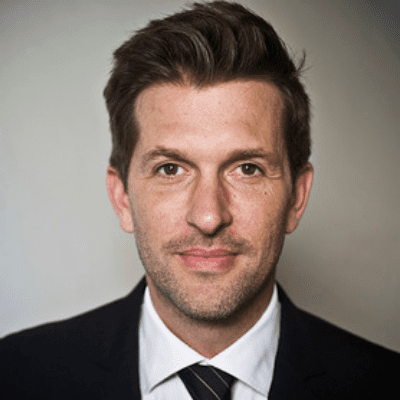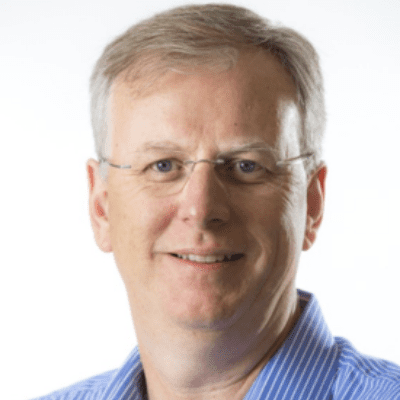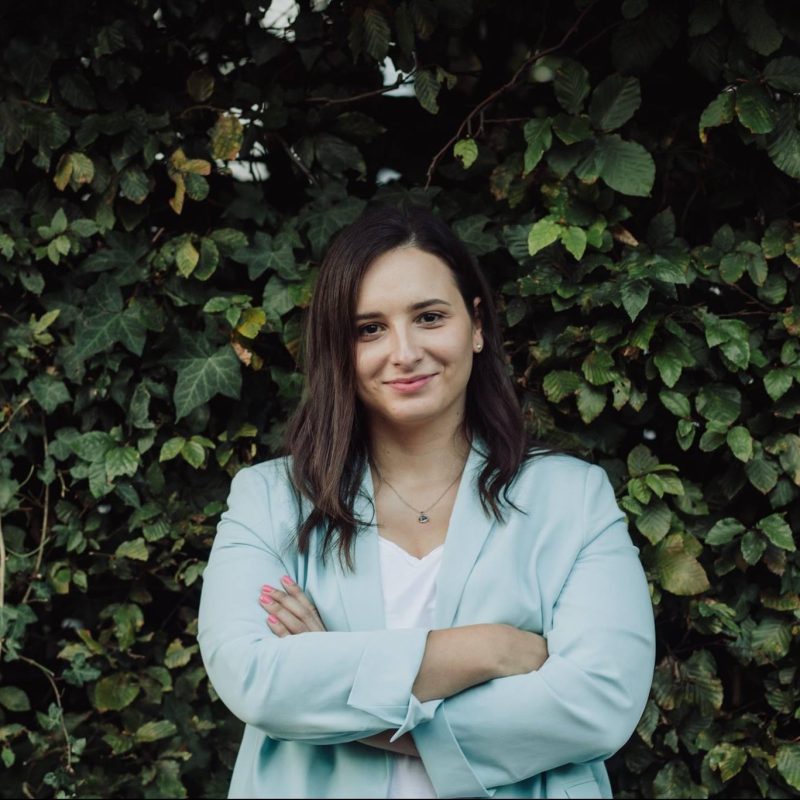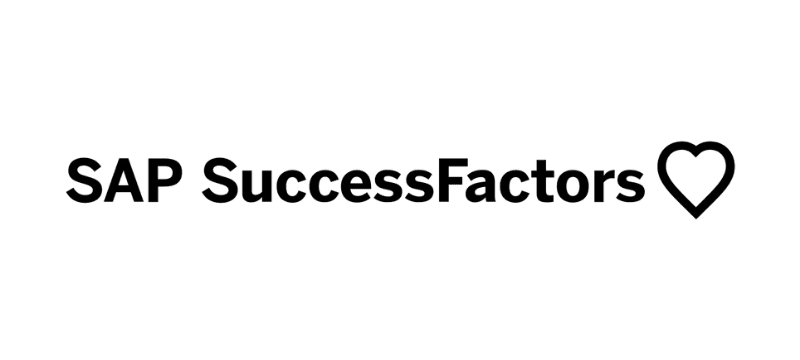Building a culture of continuous learning for company-wide success with GSK
Discover GSK’s strategic approach to learning and development that has led to a culture of continuous learning and growth.
Learn how that culture contributed to resilience and agility in the past year, and its business outcomes.
Hear industry experts at GSK, SAP and Fosway Group tackle continuous learning.




Shifting the HR leader mindset, and in turn, an organization’s, will empower employees and cultivate a future-focused workforce that will enable better performance amidst disruption as well as an opportunity to fuel sustained growth.
In this webinar, our panelists discussed how they are fostering a culture of continuous learning that supports organizational agility and resilience.
Leaning into their unique experiences from the last 18 months, and years at the coalface of the L&D space, renowned industry analyst, David Wilson of Fosway Group; Jan Meyer from SAP; and Lionel Obuchowski from GlaxoSmithKline (GSK) explored their perspectives, journeys, and the outcomes they are seeing.
Shifting the learning culture
Lionel Obuchowski from GSK noted that there has been a workplace habit for training and learning opportunities whereby the expectation has been set that the employer will provide these learning opportunities or moments. This is what they were determined to overhaul at GSK.
GSK have historically centered their learning strategy around their compliance needs, but enabled by technology, they’ve shifted their approach to encompass a broader culture of learning within the organization. Lionel shared with the webcast audience that GSK was successful in implementing technology just in time, prior to the workplace repercussions of the COVID-19 lockdowns. As a result, GSK was able to proceed relatively seamlessly, without disruption, given there were tools in place already to support remote learning.
Jan presented his similar experience at SAP with the webcast audience, as they too have shifted from being compliance-based to a much broader, employee-led learning strategy. Pre-pandemic, they shifted to cloud-based learning, moving away from their previous project-based directive.
He also discussed with the panelists, that there has been a shift, not just in what the organization requires from a learning strategy, but also at the individual employee-level too. Expectations have been shifting in how employees want to learn, given our ways of learning in our private lives. He commented, that the ways of learning in our private lives are being adopted in the learning at work too.
We already adopt this way of learning in our private lives when we need to learn something quick around the home or the garden. We go online and we quickly look at a video on how to do it. We need to adopt this in the professional learning world as well. Because this is how people want to learn.
Jan Meyer, SVP & Head of Learning Systems, SAP
With David’s analyst lens, he outlined that he believes that L&D has succumbed to “a habit of delivery”, but the pandemic has forced learning leaders to consider the value of what they’ve been delivering and subsequently removed the fear to mix up the learning strategy.
He also considered that learning has shifted to the front of the HR story as employees are requiring remote learning, not just learning for the sake of learning, but because it has become so central to how the organization connects with its workers, especially in a remote context.
The new modes for continuous learning
For Jan and SAP, their learning is now a mix of virtual classroom and bitesize learning modules – short and targeted pieces of content. He outlined to the webcast audience that “We had seen a shift to digital learning, and virtual learning before the pandemic. But when the pandemic came there was a massive shift from our traditional physical classroom training to both digital as well as virtual learning.”
He did note some areas they’d like to improve on though, mentioning that an employee had asked for a piece of learning content that would take no more than 25 mins to consume, as this was the only availability they had in their day. Jan realized that there was a gap in their strategy here and is keen to address this moving forward.
Agreeing, David presented that 95% of organizations in Fosway’s research said they don’t expect their learning operations to go back to the way they were before. He noted that they’ve seen organizations take classroom learning and put them straight onto zoom, basically undergoing a wholesale shift of what they were offering in the pre-pandemic world, and, as outlined from Jan’s experience, this has clearly proved to be educationally ineffective.
The pandemic, according to David, has magnified the error that L&D has guiltily seen learning as an event. To be successful, our panelists agreed that learning needs to be digitally-led.
GSK’s strategy to learning is considering that not all learners learn the same way, and thus, options need to be developed for different learner types. “This is where,” Lionel said, “we are getting the best results and buy in.” He was also surprised to discover that the third most consumed content-type for learning within GSK was audio, pure audio, so this is something they are going to look at developing further, given the uptake.
They are also pushing employee-led learning by encouraging employees to book an hour in their working week to dedicate to any form of learning.
Even if it’s just curiosity, even if it’s outside of their ‘area’, we are encouraging it.
Lionel Obuchowski, Director Product Manager and Support for HR Systems and HR Analytics at GSK
The broader benefits of a continuous learning strategy
- There’s never a moment where employees don’t benefit from updating their knowledge and skills.
- The urgency around upskilling and reskilling and the link this has with Talent Acquisition challenges means learning has to take center stage.
- Learning is a lever to grow the size and quality of an organization’s and an employee’s own ecosystem.
- Correlation between learning and positive business outcomes: Those who invest in learning score higher in Health Indexes and ROI. Those who invest in training score higher in innovation and leading in their industry.
- A continuous learning strategy is a unique Employer Value Proposition that can be seen as a benefit that in turn will better talent attraction and retention.
- Continuous learning can be a tool to connect people with the same interests, background, and expectations.
- It can be a way to active the notion of community, collaboration, and renewed experience.
